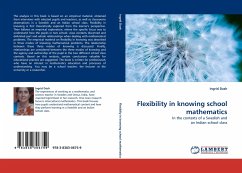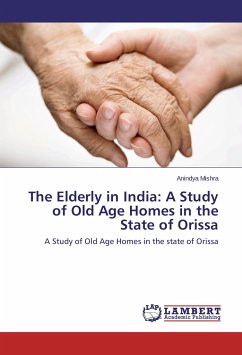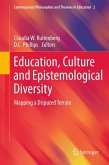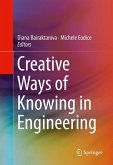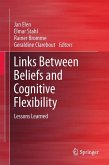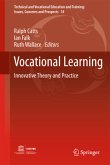The analysis in this book is based on an empirical material, obtained from interviews with selected pupils and teachers, as well as classrooms observations in a Swedish and an Indian school class. Flexibility in knowing is first theoretically explored from the learner''s perspective. Then follows an empirical exploration, where the specific focus was to understand how the pupils in two school- class contexts discerned and delimited part and whole relationships when dealing with mathematical problems. The empirical material on flexibility in knowing was described in three modes of knowing mathematical problems. The relationship between these three modes of knowing is discussed. Finally, relationships are considered between the three modes of knowing and the agency and authorship of the pupil in the two different school class contexts. Based on this analysis, certain conclusions valuable for educational practice are suggested. The book is written for professionals who have an interest in mathematics education and processes of understanding. You may be a school teacher, the lecturer at the university or a researcher.
Bitte wählen Sie Ihr Anliegen aus.
Rechnungen
Retourenschein anfordern
Bestellstatus
Storno

